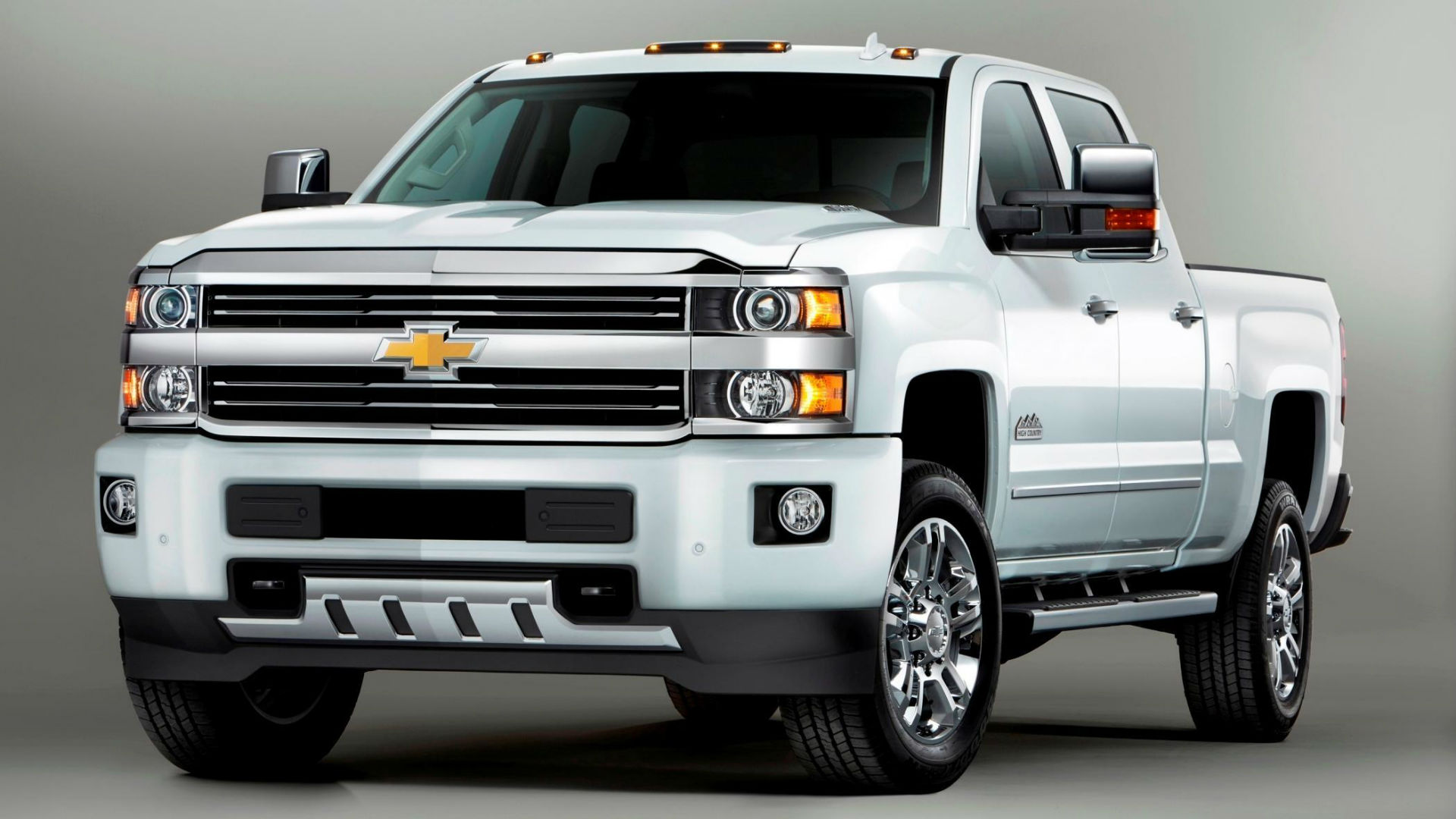

Plaintiffs formally issued a lawsuit against General Motors in federal court on Wednesday, claiming the Detroit auto giant sold Chevrolet and GMC vehicles from 2011 to 2016 that could not run properly on American diesel fuel as promised. In turn, they say the engines fitted to these models could prematurely expire and leave owners with sizable repair bills due to the supposed issue. The plaintiffs allege that this poses a threat to “hundreds of thousands” of customers who purchased trucks equipped with a 6.6-liter Duramax engine during that timespan.
Per The Detroit News, the lawsuit cites a mechanical failure which causes metal shrapnel to enter the engine via a Bosch-built high-pressure fuel pump. It claims that since American diesel fuel is thinner than in Europe and does not include as many lubricants, air pockets form inside the fuel pump, causing metal-on-metal contact. Shavings then allegedly find their way to the combustion chamber, dooming the Duramax engine to fail long before it’s expected to, often in “catastrophic” fashion.
Quotes from drivers of the Chevrolet and GMC pickups are included in the case, telling of first-hand experiences in which the supposed defect causes sometimes terminal issues.
“Driving from GM dealer for two miles change fuel filter message appeared and engine died,” wrote a 2012 GMC Sierra 3500HD driver in a 2014 complaint to the National Highway Traffic Safety Administration, which was included in the lawsuit. “Towed to a dealer diagnosed as a high-pressure injector pump failure with metal contamination to fuel system. I have found a bulletin dated 2009 from equipment manufacturers. This joint statement has information about the fuel used in the U.S.A. that I was not aware of and may have avoided this failure. This is a very expensive repair as I use my truck for work.”
All of the following models are included in the lawsuit:
- 2011–2016 2500HD Silverado 6.6L V8 Duramax diesel trucks with LML engines
- 2011–2016 3500HD Silverado 6.6L V8 Duramax diesel trucks with LML engines
- 2011–2016 2500HD Sierra 6.6L V8 Duramax diesel trucks with LML engines
- 2011–2016 3500HD Sierra 6.6L V8 Duramax diesel trucks with LML engines
- 2010–2011 Chevrolet Express vans with Duramax LGH engines
- 2010–2011 GMC Savana vans with Duramax LGH engines
- 2010–2011 GMC Sierra trucks with RPO ZW9 (chassis cabs or trucks with pickup box deleted) with Duramax LGH engines
- 2011–2012 Chevrolet 2500HD Silverado 6.6L V8 Duramax diesel trucks with LGH engines
- 2011–2012 Chevrolet 3500HD Silverado 6.6L V8 Duramax diesel trucks with LGH engines
- 2011–2012 Chevrolet 2500HD Sierra 6.6L V8 Duramax diesel trucks with LGH engines
- 2011–2012 Chevrolet 3500HD Sierra 6.6L V8 Duramax diesel trucks with LGH engines.
Currently, eight plaintiffs are being represented for purported case-in-point engine failures although the suit claims many more could face them as well.
The plaintiffs continue to mention that GM turned to Bosch, who has been involved in other investigations such as the Volkswagen Dieselgate scandal, to make its engines more efficient and appeal to buyers over its crosstown rivals at Fiat Chrysler and Ford.
“From the outset, GM was in competition with fellow ‘Big Three’ auto manufacturers like Ford and Fiat Chrysler, each racing to dominate the growing American diesel vehicle market,” the lawsuit added. “GM looked to Europe and the expertise of international automotive parts supplier Bosch to increase the fuel efficiency and power of its diesel engines.”
GM is the latest of several automakers to face accusations regarding its diesel engines in America. Fiat Chrysler recently fell under scrutiny for emissions “defeat devices” similar to that found in VW cars from the Dieselgate era, forcing them into a $650-million settlement with the United States Department of Justice, Environmental Protection Agency, California Air Resources Board, and vehicle owners. Bosch, which supplied the diesel emissions system, was also required to pay out $27.5 million.
When reached for comment by The Drive, GM simply responded by saying it “does not believe the lawsuit has merit.”